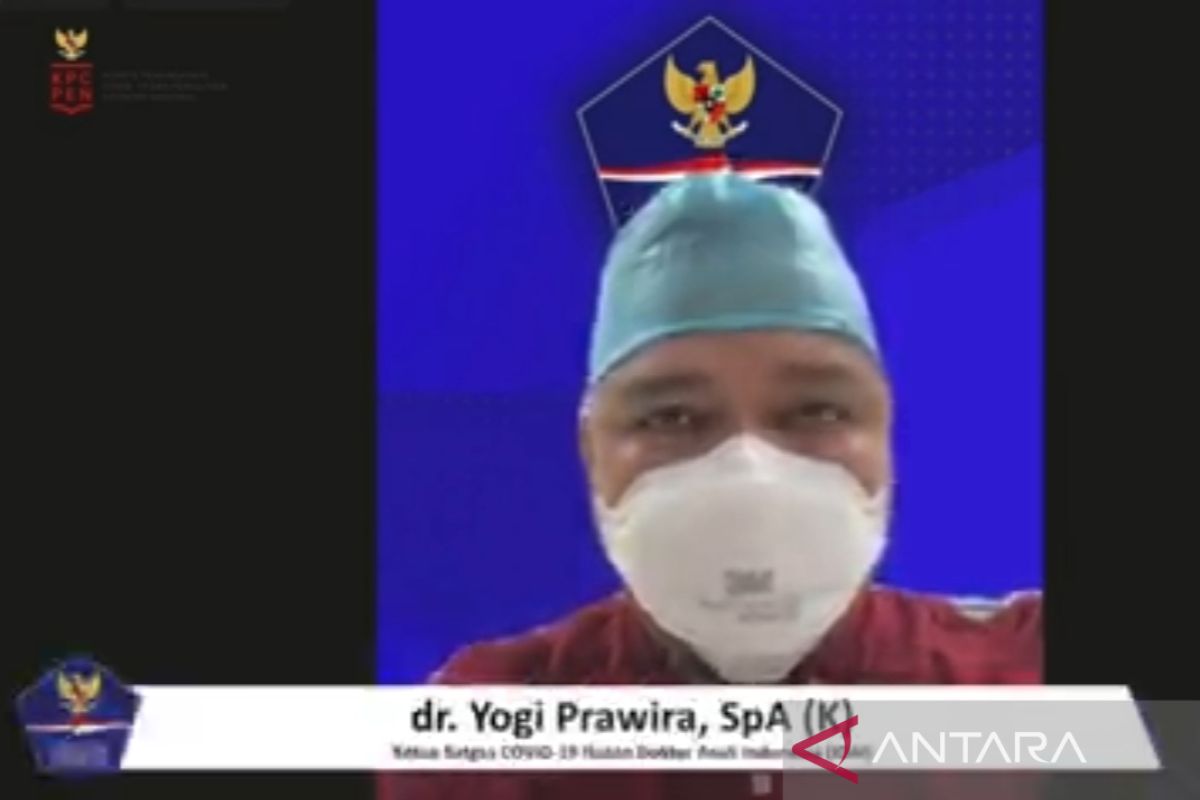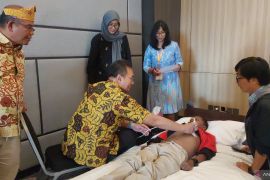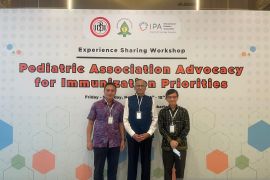"During the acute phase (of COVID-19), 70 percent of the children may have mild symptoms, with some even experiencing no symptoms. However, we still have to be vigilant after that for example, if symptoms of inflammation arise, then we must immediately visit a doctor," Head of the COVID-19 Handling Task Force of IDAI, Yogi Prawira, stated at the "Healthy Holiday, Children Protected from COVID-19" webinar, accessed from here on Wednesday.
The IDAI Task Force head noted that several people assumed that children infected with COVID-19 only exhibited symptoms in the acute phase.
In fact, several doctors found the condition of MIS-C after children were infected with COVID-19.
According to Prawira, MIS-C generally occurs in the advanced phase despite a negative result for COVID-19 in repeated PCR tests. This condition appears two to six weeks after the child is infected with COVID-19.
MIS-C is a medical condition wherein parts of the child's organs, such as the heart, lungs, kidneys, brain, skin, eyes, or digestive organs, become inflamed.
"It is a syndrome, a severe inflammation that occurs in organ systems. It actually occurs after COVID-19 (infection)," he expounded.
Prawira noted that usually, COVID-19-infected children, who go from the acute phase to the critical phase, have comorbidities, such as congenital heart disease, chronic kidney disease, and immune system deficiency.
He remarked that MIS-C often occurs in children with good immunity. Severe inflammation occurs a few weeks or months after children have recovered from COVID-19.
To this end, he urged parents to take into account risk factors if they are looking to travel with their children.
Related news: Children with comorbidities at higher severe COVID risk: IDAI
Related news: Omicron can cause fatal health issues in children: IDAI
Translator: Zubi Mahrofi, Raka Adji
Editor: Suharto
Copyright © ANTARA 2022












